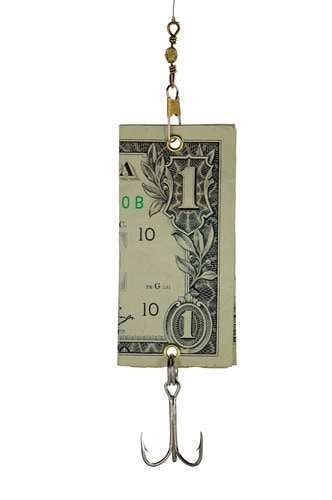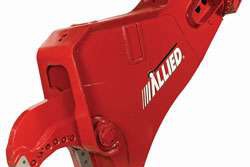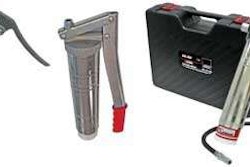 Once they set the hook…
Once they set the hook…USA Today has a lengthy report out this morning that takes the LEED program to the woodshed.
LEED stands for Leadership in Energy and Environmental Design, a program developed by the U.S. Green Building Council, that awards points to building projects that take steps to reduce energy consumption, conserve water and other resources and minimize pollution.
Unlike a lot of green initiatives, LEED is a big deal–more than 200 municipalities have some sort of LEED requirements. To be a LEED certified architect or contractor takes months of study, a comprehensive exam and continuing education credits to maintain certification.
So why the beat-down in USA Today? Two words–tax credits.
You take a perfectly good program, designed by and for honest engineers, builders, contractors and architects, mix it in with a little government kickback and what do you have? From the article:
Across the United States, the Green Building Council has helped thousands of developers win tax breaks and grants, charge higher rents, exceed local building restrictions and get expedited permitting by certifying them as “green” under a system that often rewards minor, low-cost steps that have little or no proven environmental benefit…
In other words, thanks to government incentives, the LEED points system has been turned into tax bribery, indulgences, rent seeking, what have you. And the results are not at all in the spirit of the original intent of the LEED program.
The article leads with a story about the Palazzo Hotel in Las Vegas, a temple of modern excess and indulgence, which nonetheless got a LEED certification and $27 million in tax breaks for things like bike racks, notes in the rooms that urge you hang up your towels, and parking spaces for electric vehicles. LEED and Las Vegas, lipstick and pigs.
The LEED program is still a good program, but it’s time for a reset. The point system is fair, but tax credits should not be given for things that don’t have a direct environmental benefit, like bike racks and EV parking, or for things that are already required by local codes. The only things that should get credits are those that cost more than traditional building technology and methods but can demonstrate real dollar savings in kilowatts or clean air and water.
To their credit the USGBC is not some elephantine federal bureaucracy. It’s a non-profit run on a shoestring budget and requires a lot of cooperation and collaboration and volunteer efforts among it’s members and stakeholders to succeed. But they ought to know by now that once you get government tax dollars involved, you’re going to wind up selling a bit of your soul. And the more dollars the more of your soul they get to keep.
You lie down with politicians, you get up with bedbugs.










